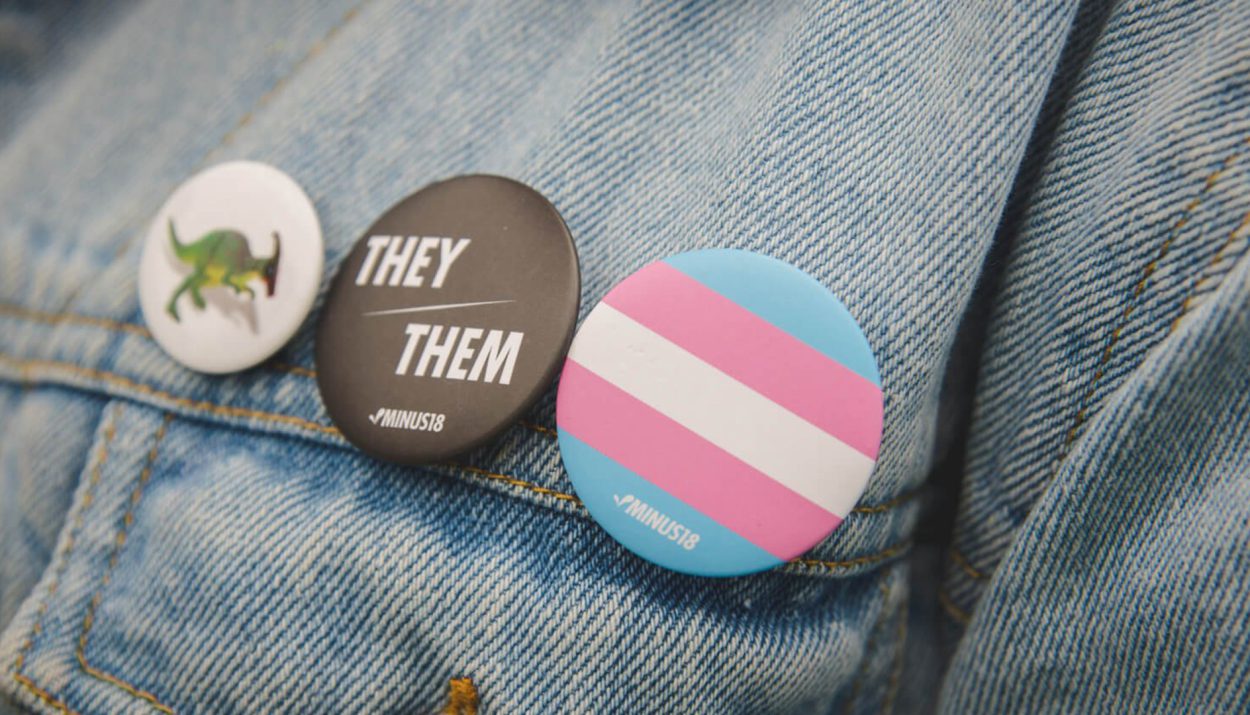The trans debate has been going on for decades, but most people have come to one agreement. “Don’t involve kids!” However, it seems that’s precisely what Schavey Road Elementary School in DeWitt, Michigan is doing.
They have informed parents that they will be teaching elementary kids how to use pronouns, and how to also express themselves. They’ve also doubled down on their decision despite the backlash. But what’s surprising is that parents are allowed to opt their kids out of the class.
Teaching Elementary Kids How To Use Trans Pronouns
The school in Michigan has told parents that they plan to teach their kids about pronouns besides the usual “he” and “her”. These pronouns include novel pronouns like “tree” and “ze, and it’ll be taught using a colorful book.

The book titled “They She He Me: Free to Be!” by Maya Gonzalez includes cartoons to catch the minds of these elementary kids. It depicts men, women, and kids using these novel pronouns, indicating they are normal to use.
The Letter Informing Parents
The news came to parents on April 11th through a letter sent by the Michigan school. It reads: “We would like to inform you of a lesson that will be taught in your child’s classroom.”
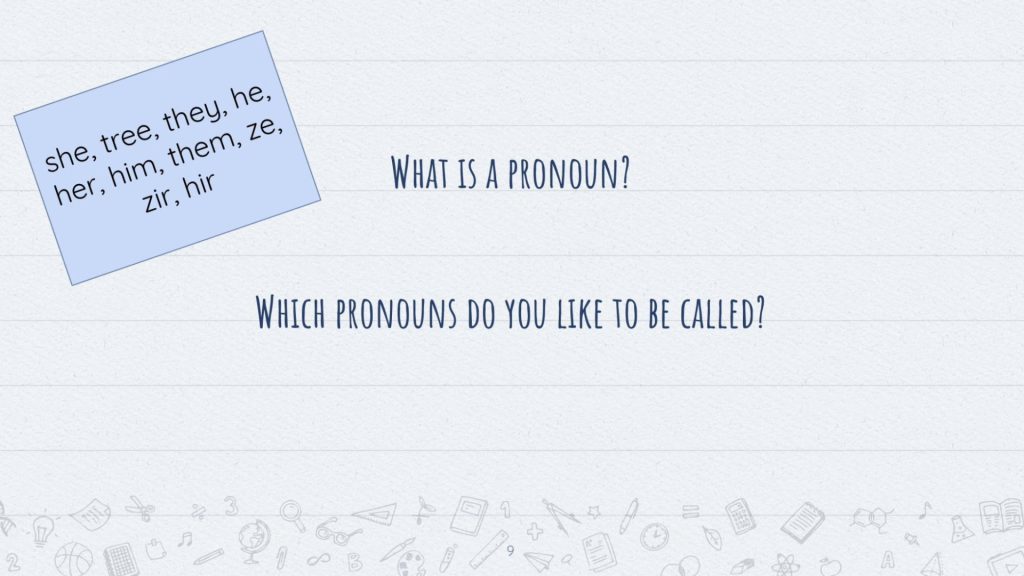
It further explains that “The lesson goals are to help students share and explore pronouns through discussion and literature to embrace differences and promote acceptance.”
Parents Can Opt Their Kids Out Of The Class
Most parents aren’t fans of teaching the trans ideology to kids for various reasons. Interestingly, Schavey Elementary School respects the parents too. That’s why they gave them the option to remove their kids from the program.
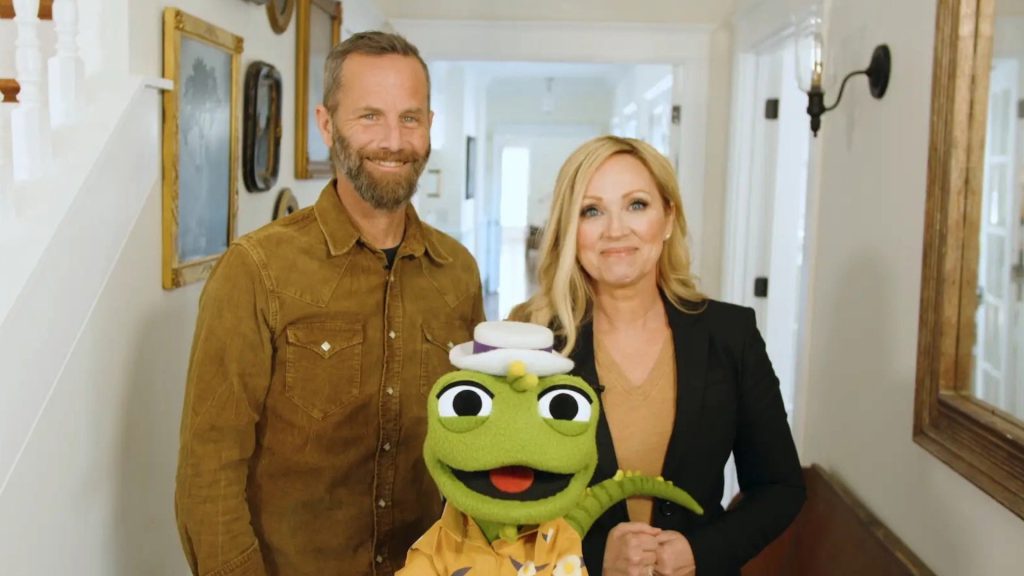
Essentially, Schavey explained that the class isn’t compulsory but an optional lesson on inclusivity. So, conservative parents can be rest assured that the school isn’t trying to alter their family values.
About “They She He Me: Free to Be!” By Maya Gonzalez
Without a doubt, gender is a complex topic that even adults today struggle to grasp. So how does this book for kids handle it? Well, one part of the book reads: “On the inside, you may not feel like he or she at all.”
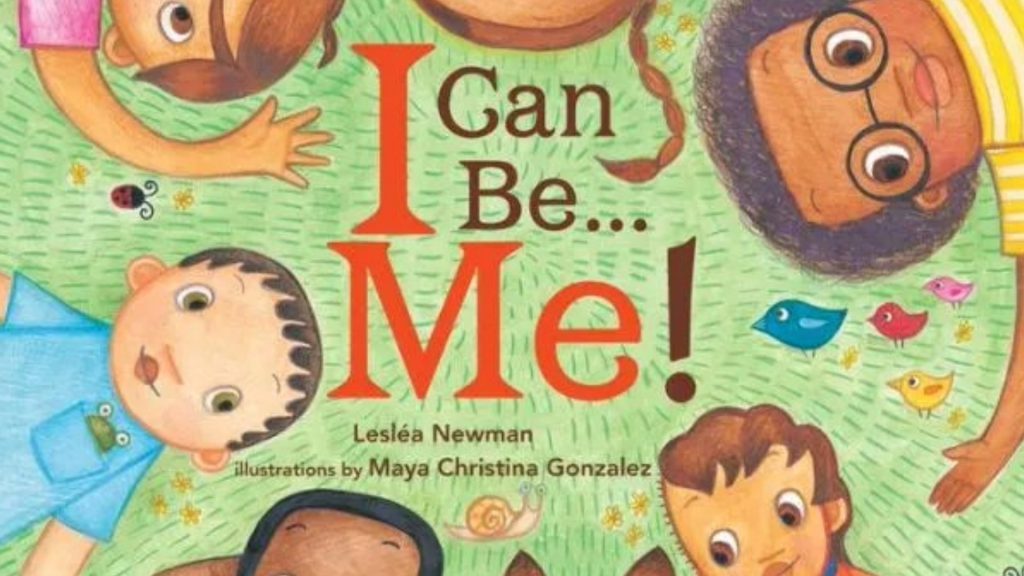
It then ends that sentence with: “Maybe they feel most free or you may feel like both she and he.” Some argue that it’s still confusing, but the kids’ reaction will truly tell.
‘You Can Use Your Own Name As Your Pronouns’
There’s also a part in the book that tells these elementary kids that they can express themselves outside the usual “she and he”. It suggests that they can change how they’re addressed and even use their names.
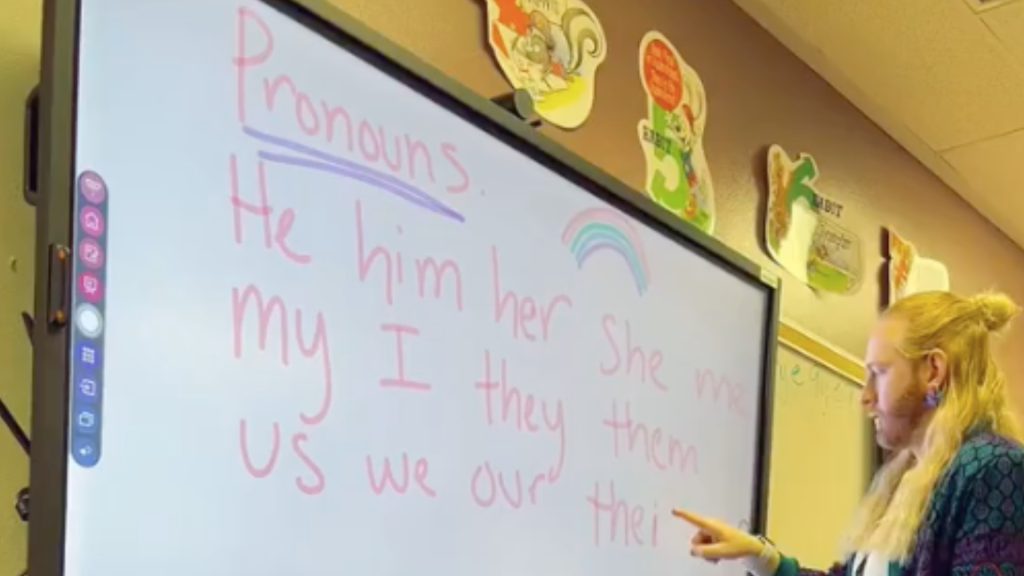
The book says: “You can use your own name as a pronoun. You can change pronouns from he to she or she to he. You can use new ones like ze or create your own like tree! Some people use they, which is a perfect way. There are many more pronouns waiting to be discovered and used.”
More Instructions From The Book
The children’s book also instructs on how to use pronouns their friends use in calls or the playground. It conveys this information with colorful pages and illustrations depicting a conversation.
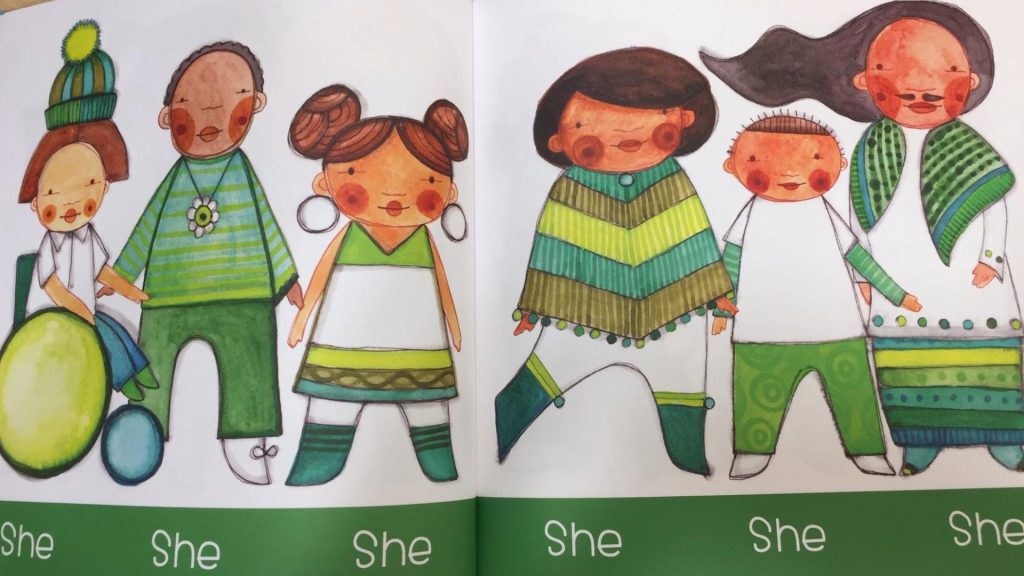
One part of the book also tells kids to use the default “they” pronoun to refer to someone if they don’t know or didn’t hear their pronouns. It also tells these kids to experiment with pronouns until they find one that expresses how they feel inside.
‘This Is Outrageous Gender Politics’
Despite how politely the school conveyed the information, some people just weren’t “having it”. One example is Tom Barrett, the Republican House candidate for the district where the school is located.
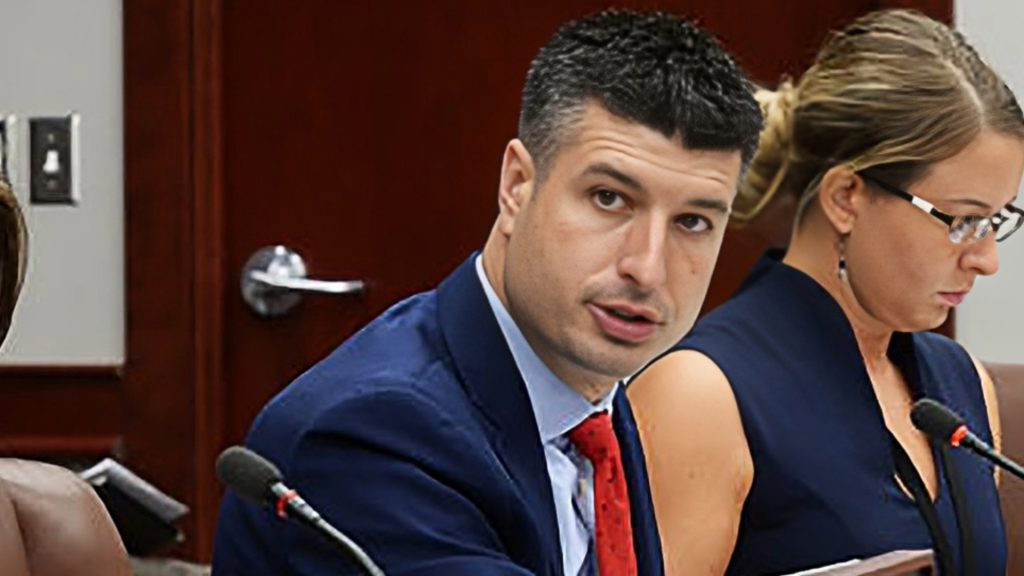
He called the class and book “outrageous gender politics.” He furiously explained that it wasn’t necessary and isn’t something these kids need to know at this age.
‘It’s An Attempt At Robbing Them Of Their Childhood’
In a brief interview, Tom Barrett explained: “There are ample ways and countless books that encourage kids to respect one another that most importantly don’t involve teaching outrageous gender politics and preferred pronouns to 6-year-olds…”
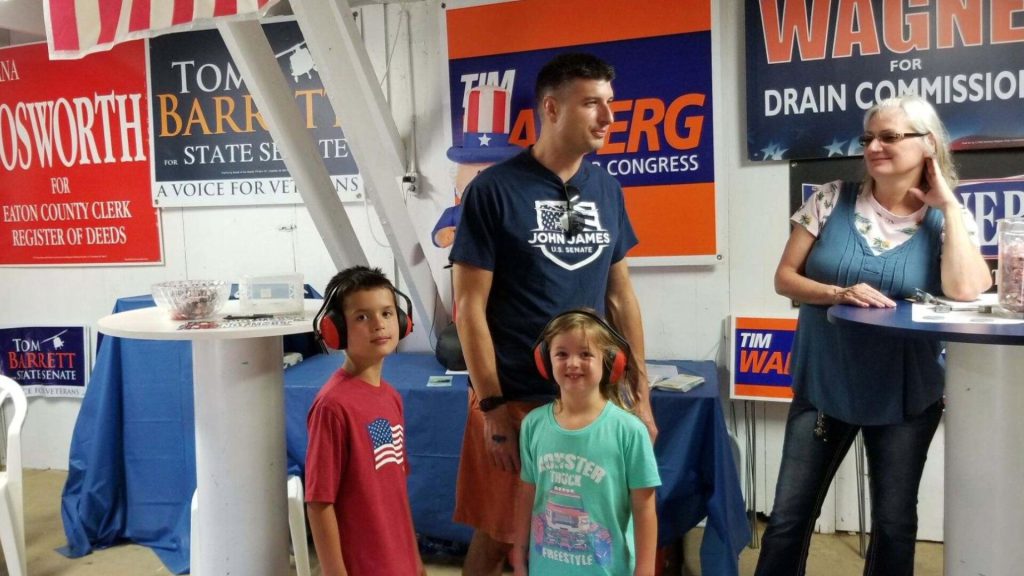
He further says that the subject is too complex for the developing mind, especially since adults can’t keep up with the topic as it evolves. “This is another attempt at robbing our kids of their childhoods,” he exclaims.
The School Only Aims To Promote Inclusivity
It’s worth pointing out that the letter wasn’t sent out by a single teacher but the entire school. It was signed by the school’s principal Liz Crouch, and the School’s Superintendent Dr. Shanna Spickard.
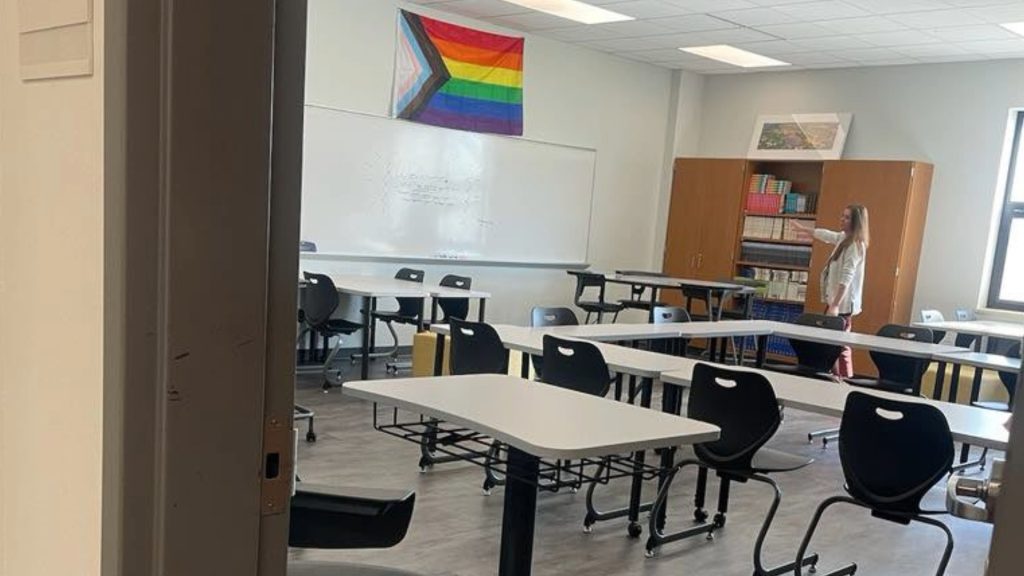
In an interview, Spickard explained: “This optional mini-lesson is not part of the core curriculum but is a supportive measure to promote inclusivity, a core value of our district.”
The School Provides As Much Detail About The Class To Parents
The school’s Superintendent also explained in the interview that families received as much information about the class along with their letter. They wanted all parents to understand that they have no perverse intention with their kids and only want to educate them.
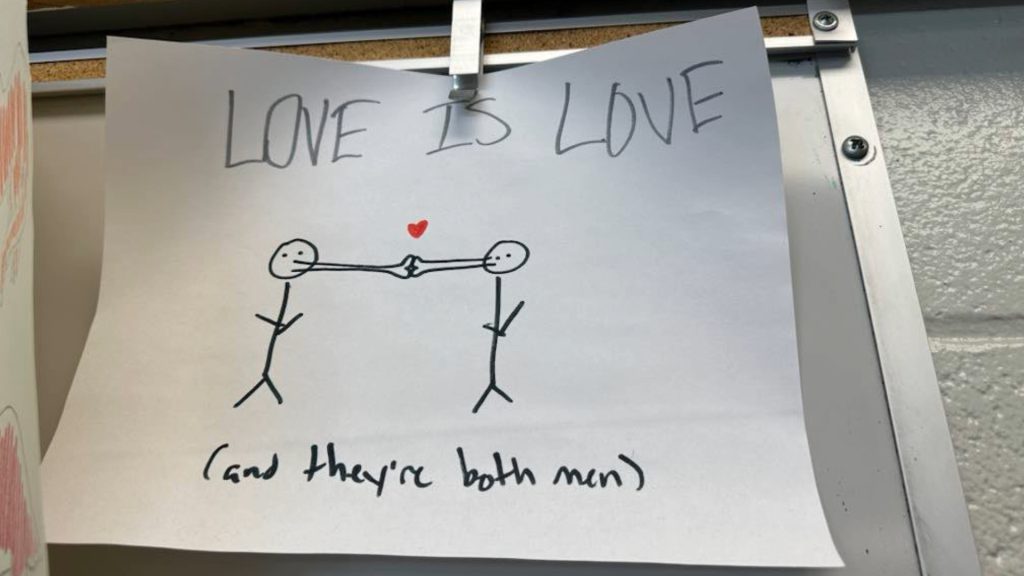
Spickard also said: “The mini-lesson is not designed to challenge or alter family beliefs. Instead, it aims to ensure a safe and respectful learning environment where students feel valued.”
Why Parents Are Hesitant About Gender-Related Classes
The school’s intention with the class about pronouns seems genuine. They merely want to get kids accustomed to the world as it’s changing. However, there are some reasons why parents are hesitant about such classes.
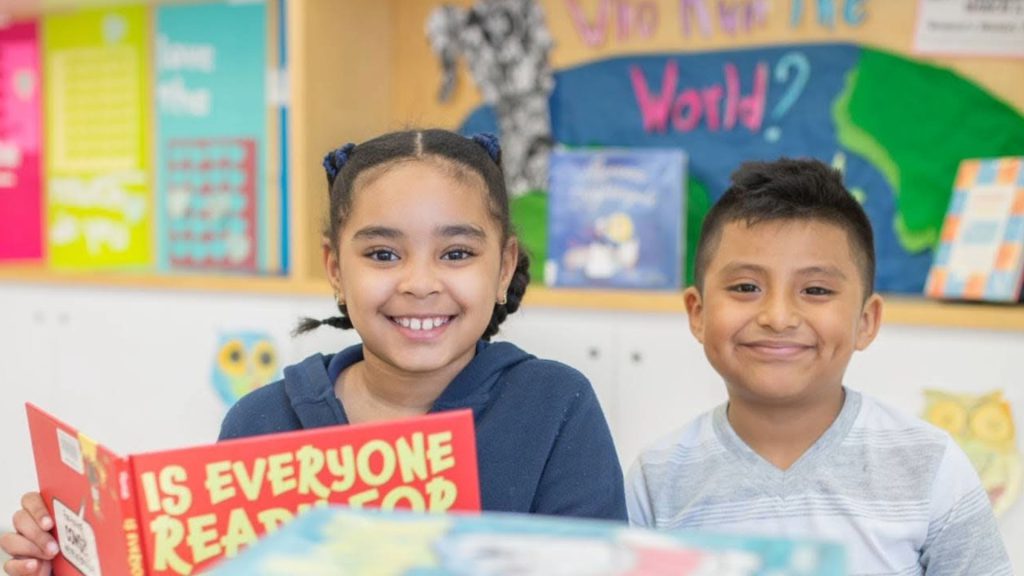
One perfect example is a viral sex ed book for kids that caused a lot of controversy because it was too sexual and suggestive. It contained pictures of different sexual acts and suggested that the kids could try themselves.
The School’s Approach Is Applaudable?
Some netizens praised the school for its mature approach to the subject. Instead of antagonizing the parents and accusing them of transphobia, they provided a way to back out.

Therefore, conservative parents can raise their kids without worry of “unwanted indoctrination”, while liberal families can take part in the class.
The Class Has Mixed Reactions
On one side, some adults are concerned that these six-year-olds aren’t old enough to handle such complex information. “Even Adults find it hard to keep up with it.”
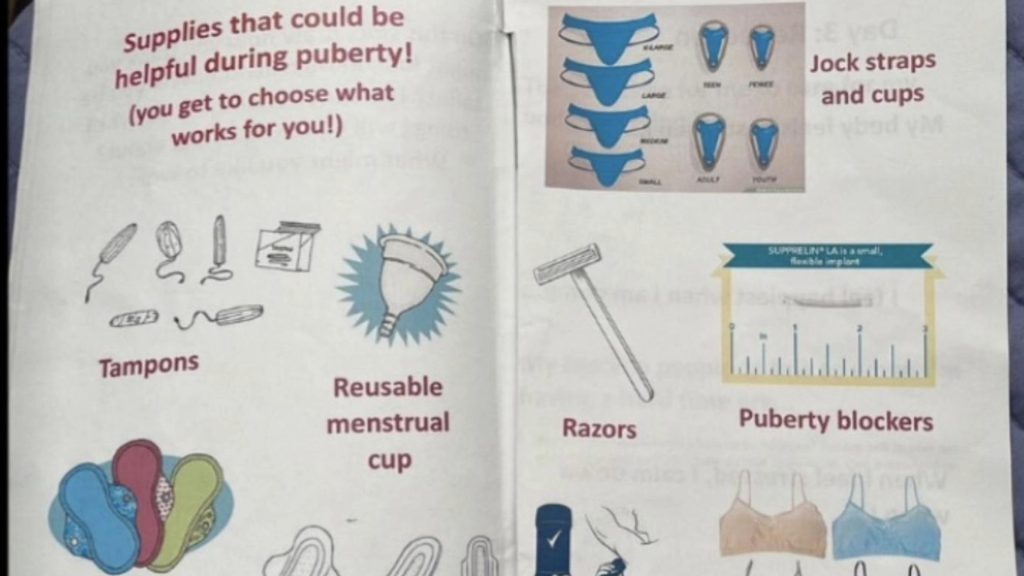
On the other hand, others praise the school for introducing these kids to the subject early. The class seems to set a foundation for the topic, which the kids will build upon as they get older.

